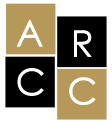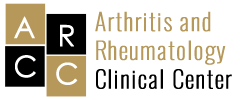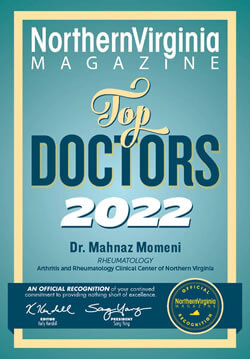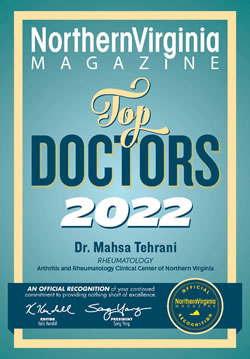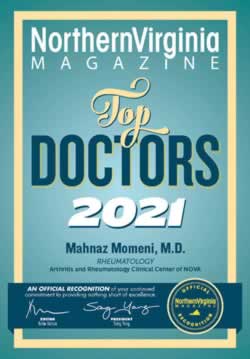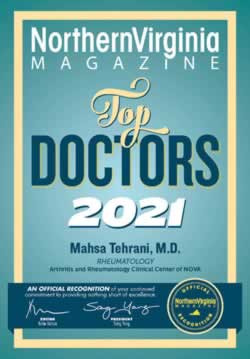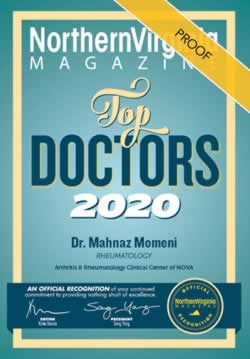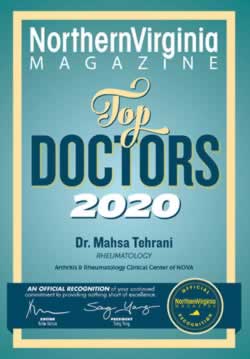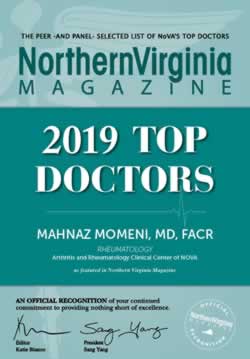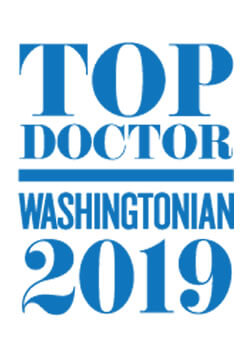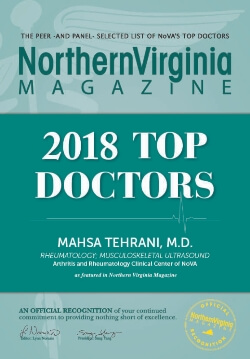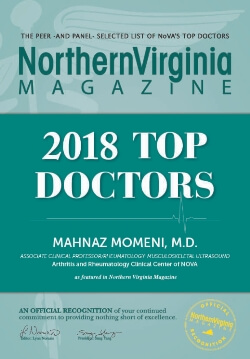What is myopathy?
Myopathy refers to any disease that affects muscle tissue. Diseases of the muscle result in weakness, inflammation, tetany (spasms), or paralysis. Myopathy can be the result of either inherited or acquired causes.
Acute “acquired” myopathies, such as acute stiffness, spasm, or cramp, are common. Others are linked to exposure to an infectious agent, such as viruses or bacteria, or are inherited. However, certain cases of myopathy have no known associated risk factors.
Myopathy develops as the result of either inherited (congenital or genetic) disorders or acquired conditions of the muscles. Most commonly, people develop acquired myopathy from muscle fatigue, electrolyte imbalance, or dehydration, resulting in stiffness or cramping. Other causes of myopathy include immune disorders that cause inflammation and pain. Numerous inherited myopathies exist and may be associated with progressive weakness, atrophy (wasting), inflammation, muscle fiber metabolism dysfunction, muscle spasm, or rigidity.
The signs and symptoms of myopathy will vary depending on the type of disorder and its cause. The disease course for myopathy will also vary among individuals. Myopathy from acute causes, such as dehydration, resolves quickly, whereas those resulting from inherited causes typically last indefinitely. Myopathy symptoms may be mild such as a temporary cramp or very serious, including wasting and paralysis. Treatment options for myopathy include splinting, bracing, medications, physical therapy, and surgery.
In rare cases, myopathy may be a sign of a serious neuromuscular disorder. Seek immediate medical care (call 911) for serious symptoms, including difficulty lifting the front part of your foot and toes, weakness in your legs, feet or ankles, hand weakness or clumsiness, slurring of speech or trouble swallowing, or muscle cramps and twitching in your arms, shoulders and tongue.
Seek prompt medical care if you are being treated for myopathy but mild symptoms recur or are persistent.
What are the symptoms of myopathy?
Myopathy causes dysfunction of the muscles due to inflammation or disease and can cause a number of symptoms. The symptoms can vary in intensity among individuals.
Common symptoms of myopathy
You may experience myopathy symptoms daily or just once in a while. At times, any of these muscle symptoms can be severe:
- Cramping
- Pain
- Paralysis
- Rigidity
- Stiffness
- Swelling
- Wasting (atrophy)
- Weakness
Symptoms that might indicate a serious condition
In some cases, symptoms of myopathy can signal a serious condition that should be immediately evaluated in an emergency setting. Seek immediate medical care (call 911) if you, or someone you are with, have any of these serious symptoms including:
- Difficulty swallowing
- Muscle twitching or cramps in tongue, shoulders or arms
- Muscle weakness in ankles, feet or legs
- Slurred speech
- Sudden weakness on one side of the body
- Trouble raising the toes and foot
What causes myopathy?
Myopathy refers to any disease that affects the muscle tissue. Diseases of the muscle result in weakness, inflammation, tetany (spasms), or paralysis. Myopathy can be the result of either inherited or acquired causes.
Inherited causes of myopathy
Myopathy may be due to genetic conditions. Examples of some genetic conditions that result in myopathy include:
- Congenital myopathies, that are present at birth
- Familial periodic paralysis
- Glycogen storage disease of muscle (including Pompe’s disease)
- Mitochondrial myopathies (abnormalities of the cellular components known as mitochondria)
- Muscular dystrophy
Acquired or unknown causes of myopathy
Myopathy may have acquired or unknown causes. Examples include:
- Common muscle cramps
- Dehydration (loss of body fluids and electrolytes, which can be life threatening when severe and untreated)
- Endocrine disorders
- Infection
- Myositis (muscle inflammation)
- Neuron disorders (typically neuromuscular diseases)
What are the risk factors for myopathy?
A number of factors increase the risk of developing myopathy. Not all people with risk factors will get myopathy. Risk factors for myopathy include:
- Certain infections
- Family history of myopathy
How is myopathy treated?
Treatment for myopathy begins with seeking medical care from your health care provider. To determine whether you have myopathy, your health care provider will ask you questions and ask you to undergo diagnostic testing. It is important to follow your treatment plan for myopathy precisely and to take all of the medications as instructed.
Treatment options for myopathy will depend on the specific type of condition or disease. Acute conditions such as muscle cramping may need treatment to stabilize electrolyte balance, increase hydration, and reduce inflammation (for example, ice therapy). It also may need immobilization, rest, or anti-inflammatory medicines. Both acquired and inherited chronic myopathies require supportive therapy, such as physical therapy, bracing, or surgery, to decrease inflammation if appropriate, reduce symptoms, and increase function. Pain management may be needed; options include nonsteroidal anti-inflammatory agents such as ibuprofen (Advil, Motrin). Immune disorders affecting the muscles may be treated with immunosuppressive drugs to reduce inflammation such as methotrexate or corticosteroids such as prednisone.
Complementary treatments
Some complementary treatments may help some people to better deal with myopathy. These treatments, sometimes referred to as alternative therapies, are used in conjunction with traditional medical treatments. Complementary treatments are not meant to substitute for full medical care.
Complementary treatments may include:
- Acupuncture
- Massage therapy
- Yoga
What are the potential complications of myopathy?
Complications of untreated myopathy can be serious. You can help minimize your risk of serious complications by following the treatment plan you and your health care professional design specifically for you. Complications of myopathy include:
- Chronic muscle pain (myalgia)
- Disability
- Paralysis
Questions? Click here to fill out our contact form or call us at 703-734-2222 during business hours.
Arthritis & Rheumatology Clinical Center of Northern Virginia has been providing the best rheumatologic care to patients throughout Northern Virginia. Our doctors are board certified in rheumatology.
